
Never miss an issue
Subscribe to our magazine
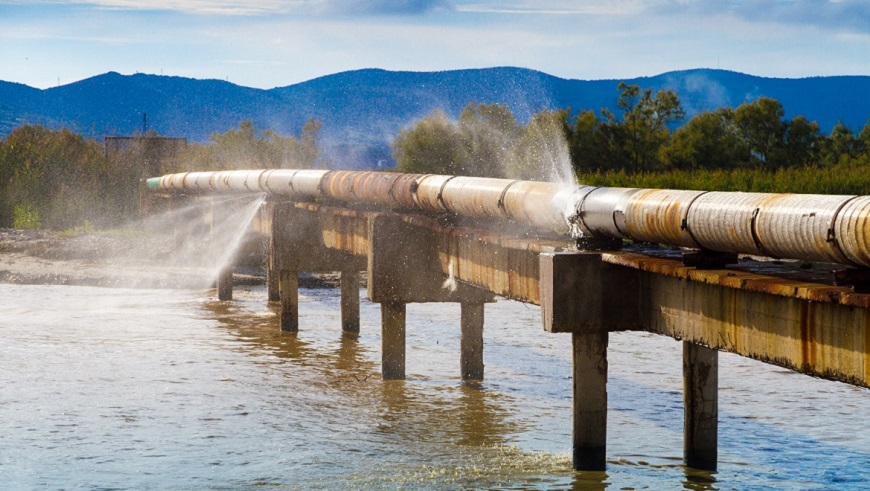
Corrosion
Slow Decay
"Corrosion" comes from Latin "corrodere": to gnaw something to pieces. This refers to the gradual destruction of a sub- stance due to the influence of other substances in the environment. Specialists at Empa take a close look at such processes and can find timely ways to prevent material failure due to corrosion – long before disasters such as those in Genoa occur. More.
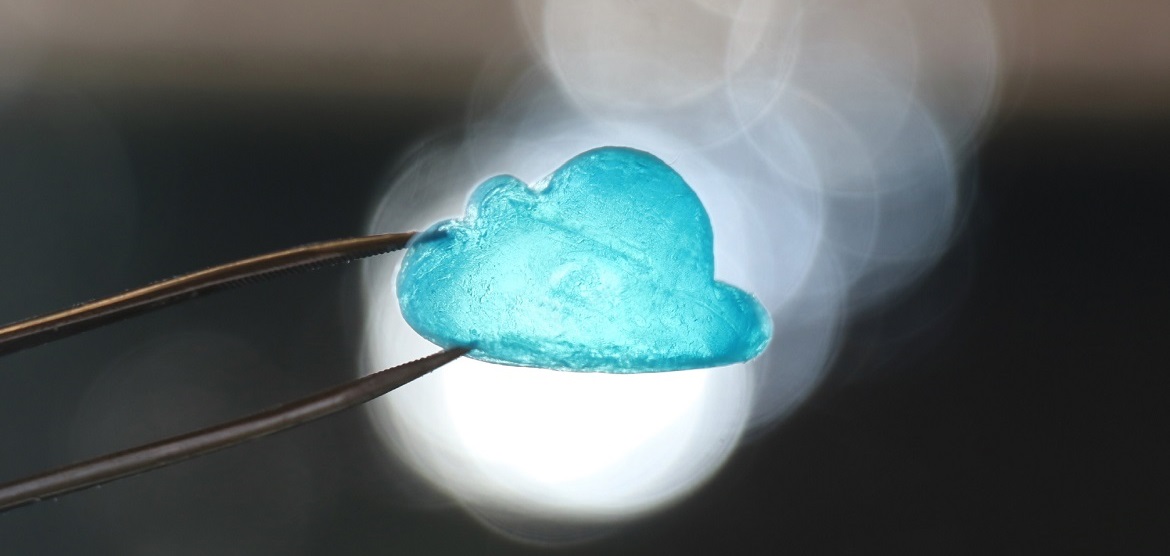
Insights
Frozen clouds
Aerogels are the lightest known solids. These nanoporous structures have potential applications in pharmaceuticals, thermal insulation and catalysis. Manufactured from cellulose, the world's most abundant polymer, with attractive properties such as biodegradability and recyclability, this is a non-traditional aerogel. Its properties are synonymous with "clouds", which show its low density and translucency. Image: Deeptanshu Sivaraman / Michal Ganobjak
In Brief

Sensors for Automated Driving
Sensor systems play a central role in autonomous driving. They record the vehicle's environment and provide the necessary information to ensure that the car is steered safely through traffic. In actual use, however, these sensors are exposed to a wide variety of weather and environmental influences, as well as mechanical stress. Empa and Lexus have now agreed to work together to improve sensor technology for automated vehicles.

5000 Tons of Plastic Every Year
Plastic should not be found in the environment. In order to estimate for the first time the exact extent of plastic pollution in Switzerland, the Federal Office for the Environment (FOEN) has mandated Empa researchers to calculate how much plastic gets into the environment. Empa has analysed the seven most frequently used types of plastic. According to the study, more than 5000 tons of plastic are discharged into the environment every year.

Self-Healing Robots That "Feel Pain"
Robots play an important role in everyday life and many robots will be made of flexible materials in the future. However, this makes them susceptible to cracks caused by sharp objects – repairs are expensive. As part of the SHERO project (Self-HEaling soft RObotics), an international team of researchers in collaboration with Empa is working on technologies with which such robots can independently "heal" damage. Self-healing materials such as flexible plastics, from which the robots are built, offer a possible solution.

Heading Towards the Energy Future
Much work still lies ahead of us if Switzerland is to do without fossil fuels in the future. A new Empa study published at the end of June in the journal "Energies" proposes two solutions: storing large amounts of energy in summer and limiting our demand in winter, or generating energy in the "sunny south" or "windy north" of the world and trans- porting it here. The Empa researchers see their study as a thought-provoking impulse for politics and society.

Planned obsolescence
Built-in expiry date
Whether mobile phone or automatic toilets – electronic devices are becoming increasingly complex. And who hasn't heard stories of devices that fail precisely after the warranty has expired? According to Empa researcher Peter Jacob, however, the shorter lifespan is not a malicious "planned obsolescence", but is mainly due to enormous cost pressure. He and his team investigate cases of damage with detective meticulousness. More.
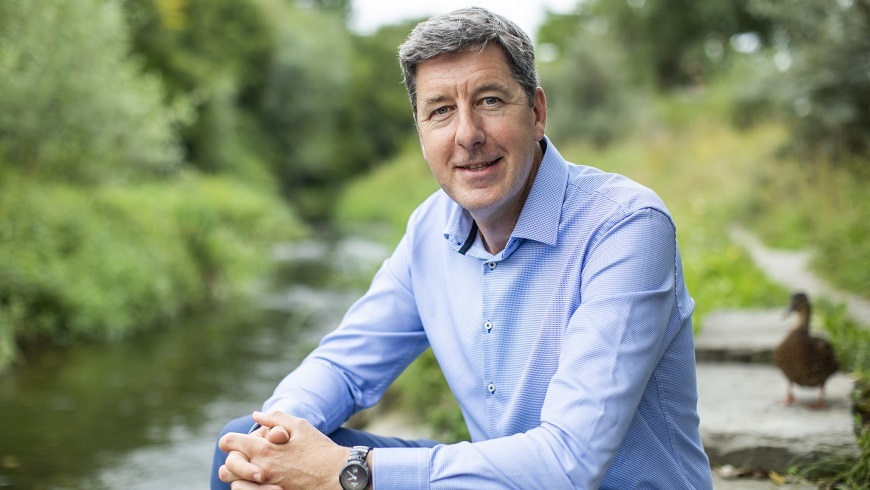
Jean-Marc Wunderli
An Open Ear for Noise
A rippling stream is Jean-Marc Wunderli's favourite sound. However, his everyday research has little to do with calming natural sounds. He deals with completely different ones: noise from aircraft turbines, train noise, busy roads, wind tur- bines and now even drones. All these emissions are part of the research activities of Empa's Acoustics / Noise Control Lab, which Wunderli is heading since last July. More.
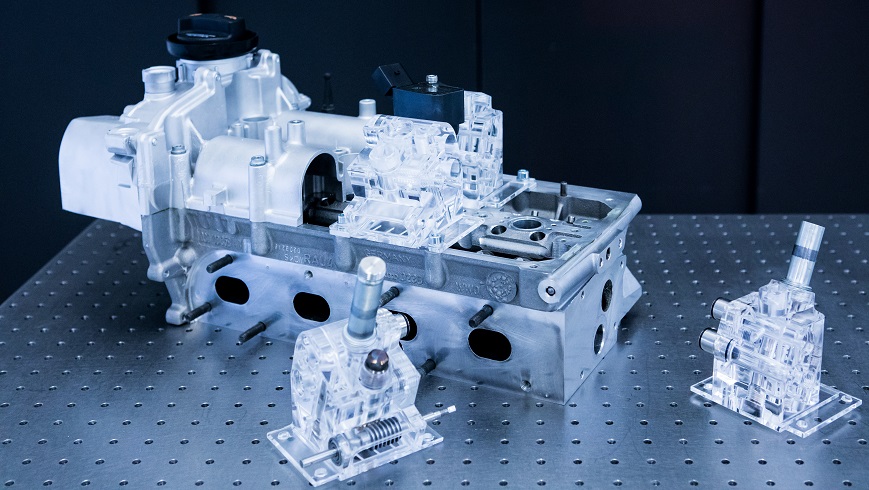
Powertrain technology
Valve train saves 20% fuel
An innovative, electrohydraulically actuated valve train for combustion engines was developed at Empa. Valve lift and timing can be freely selected. The technology has been running successfully for months on a VW four-cylinder engine block in Empa's test stand and shows fuel savings of up to 20 percent. The modified VW engine now also manages "big-bang" ignition sequences like on a racing motorcycle. More.
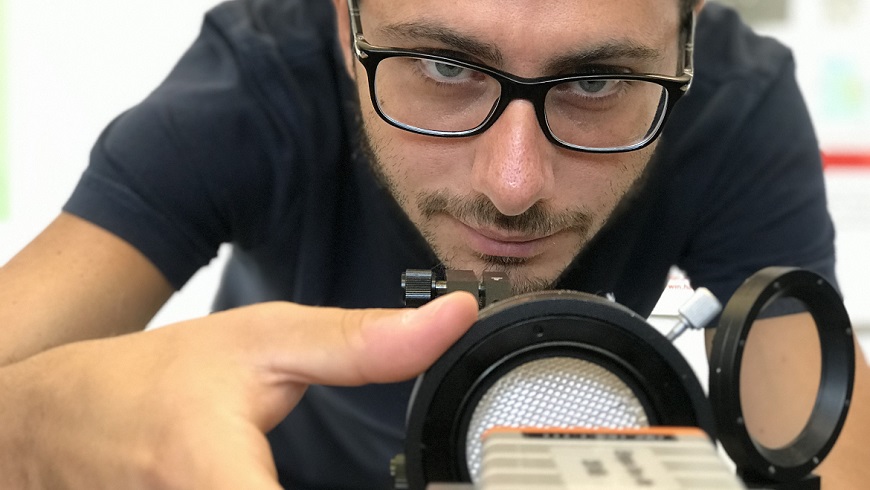
Analysis of multi-layered tissues
On Your Medicine's Secret Service
Whether a wound heals well under a dressing cannot be seen from the outside. Empa researchers are now enabling a view through the bandage à la James Bond. The refined application of terahertz radiation could promote the analysis of multi-layered tissues for medical purposes and be used for wound treatment or the diagnostics of blood vessel plaques. More.
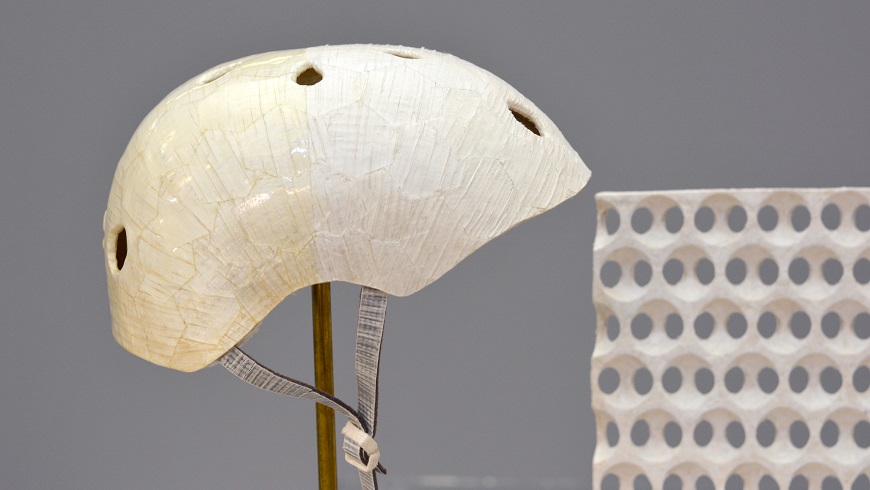
Destabilization renders it more stable
The Wood Paradox
It can be deformed as required and is three times stronger than natural wood: the wood material developed by Marion Frey, Tobias Keplinger and Ingo Burgert at Empa and ETH Zurich has the potential to become a high-tech material. In the process, the researchers remove precisely the part of the wood that gives it its stability in nature: lignin. More.
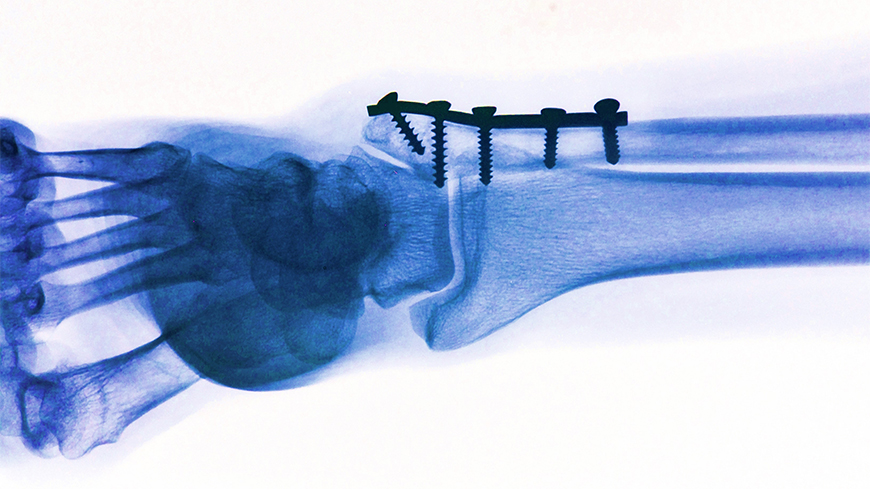
Magnesium orthopaedic screws
The Screw That Dissolves
Where bones fracture, surgeons often have to join the fragments with implants. Magnesium orthopaedic screws, which over time dissolve in the body, spare patients another operation after healing is completed and reduce the risk of infection. What happens inside the body during this process, though, is still largely unknown. To develop optimized alloys and orthopaedic screws with functionalized surfaces, Empa researchers are now investigating magnesium corrosion. More.

Reproducing historical trombones
Romantic Replicas
To play a piece of music as it was conceived by the composer is a trend. But where can the rare historical instruments be found? The solution would be exact copies of the coveted originals. A team of Empa researchers is analysing such replicas with the aim of reproducing historical trombones with their typical sound. More.
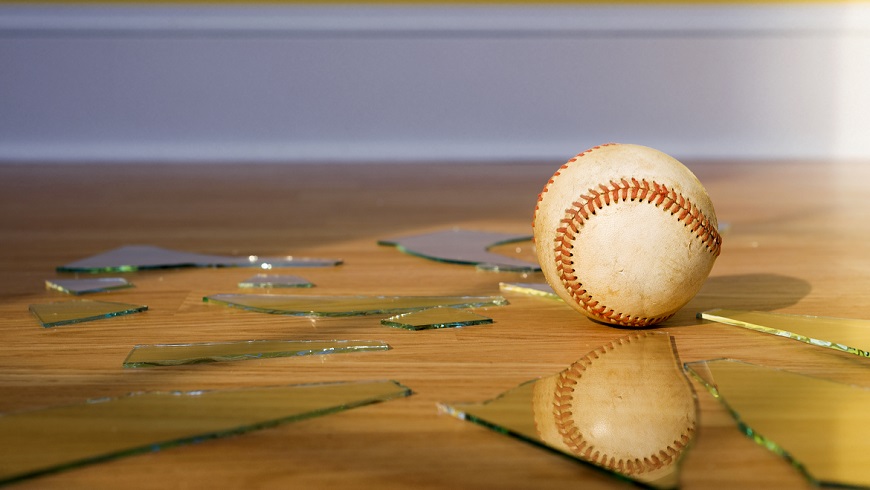
Glass withstands impact
Unbreakable
On the Road

Second Place for Swissloop
At the final of the SpaceX Hyperloop Pod Competition in Los Angeles, the "Claude Nicollier" transport capsule from Swissloop accelerated to an impressive 252 km/h on the 1.25 kilometre test track. The students from Empa, ETH Zurich and other Swiss universities took second place. They also received an innovation award for their linear induction motor. And to complete the Swiss triumph, a team from the EPFL finished third.

Experience digitisation




 On the Swiss Digital Day on 3 September, more than 90 partners brought the topic of digitisation closer to the public under the motto "experience digital together". Empa was also there to show visitors how digitisation is enabling progress in the field of personalised medicine and the recycling of rare metals.
On the Swiss Digital Day on 3 September, more than 90 partners brought the topic of digitisation closer to the public under the motto "experience digital together". Empa was also there to show visitors how digitisation is enabling progress in the field of personalised medicine and the recycling of rare metals.

Hydrogen Mobility Live
At the Elmar-Expo in the Swiss Museum of Transport, visitors of all ages made a pilgrimage to the electric motorcycles, the electric Vespa and the electric bicycles of several Swiss manufacturers. The specialists from Empa and Avenergy Suisse were on site to inform them about hydrogen mobility. In the simulation of the Empa hydrogen filling station, every visitor could try out how safely and quickly a fuel cell vehicle can be filled with sustainably produced hydrogen.

